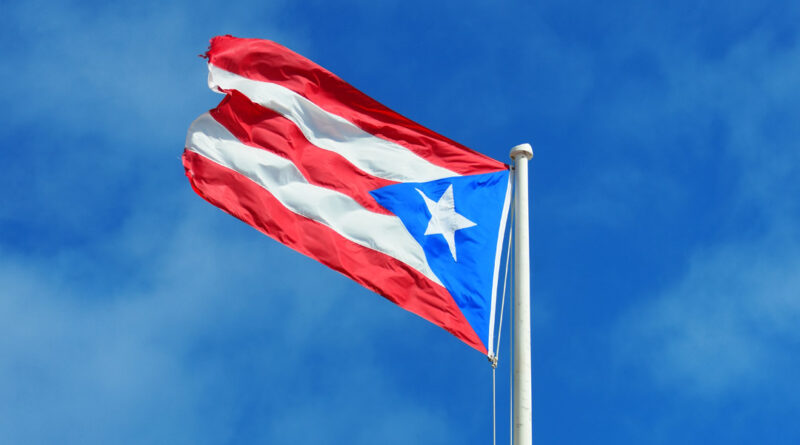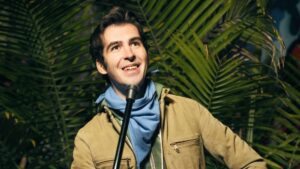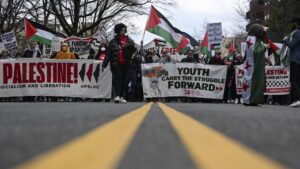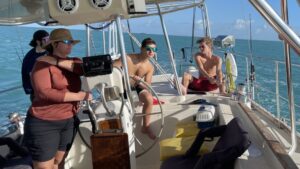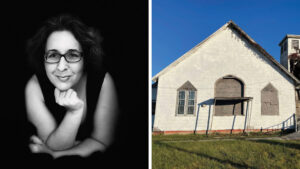The average American who lives north of Key West might know precious little more about Puerto Ricans and their culture other than what they remember from “West Side Story” or from a long-ago vacation at an all-inclusive resort near San Juan.
But the Caribbean island, which became an unincorporated territory of the United States in 1917, is a place rich in history, culture, resources and breathtaking landscapes.
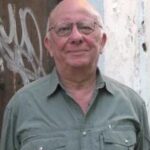
In his new book “Puerto Rico: 1965 to 1990” (Palmetto Publishing), award-winning veteran journalist and author Robert Friedman offers a personal and nostalgic account of living and working for more than two decades in the U.S. quasi-colony of three million citizens.
In his memoir, Friedman, who now lives in Silver Spring, offers recollections of his days spent working at the now-defunct San Juan Star, as well as his impressions of the island and its people. Included are interviews with such cultural luminaries as Leonard Bernstein, Muhammad Ali, Jacqueline Kennedy Onassis, Cary Grant, Jose Ferrer and Dizzy Gillespie when they toured or visited Puerto Rico.
A native of the Bronx, New York, Friedman, 88, is the author of six published novels, including “The Puerto Rico Trilogy.” While living in Puerto Rico, he was also a special correspondent for the New York Daily News.
Jmore recently spoke with Friedman about his latest book and passion for Puerto Rico.
Jmore: Why did you decide to write this non-fiction book, especially after already writing fiction based on your experiences in Puerto Rico?
Friedman: The book is mostly a compilation of my past journalism. I dedicate it to my grandson, 3-year-old Ozzie, because I really want him to see what his ‘grandadio’ was up to half a century ago.
Did you go back to Puerto Rico for research?
Since the book is a quasi-memoir, I did not need any on-the-ground research.
Why does Puerto Rico hold such a special place in your heart?
I spent some 25 years of my ‘grown-up’ life there, found my wife there, had two daughters there and found the people there filled with passion and humanity.
How did you first get interested in the culture, history and people?
As I note in the introduction to my book, my early sources were not very impressive. Among them was the year I spent way back as an investigator for the New York City Department of Welfare. Through my work there, what struck me about my Puerto Rican ‘clients.’ was their fundamental decency in the tough struggle to survive in the oft-times nightmarish (for them) New York in order to pursue the American Dream.
I learned the history and culture of the people not only in the library but mostly by walking the streets of Old San Juan and other parts of the city and the island and talking to the people, most of whom are great talkers.
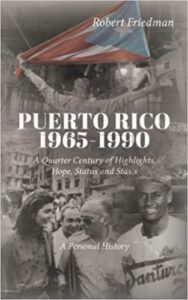
What was it like to live there for more than two decades and report on its residents?
Even though the island was often mired in never-ending politics and its status vis-a-vis the U.S., there was more than enough color, daring and decency in the population to keep a ‘statesider’ going as a journalist.
How would you characterize Puerto Ricans in general?
Friendly, feeling, loud, abrasive, genial, understanding of faults, mostly well-meaning,
What are some of the misnomers that many Americans have about Puerto Rico and its residents? What does the average American not understand?
Many Americans see Puerto Rico as strictly a sun, sand and sea tourism getaway, and do not realize or accept the fact that amidst all the past and present colonial trappings, a true culture exists and goes back before the American Revolution.
Do you feel Puerto Rico should become a state? Its own country?
It should either become the liberal state it would be — though the Republican Party would do all it could to oppose statehood — or its own country, which will continue to be a democracy, which as Winston Churchill said ‘is the worst form of government — except for all the others.’
How do Puerto Ricans generally feel about their fellow citizens to the north?
Generally warm and friendly, though with the general feeling that because of their portrayal in the media over the many years as drug addicts and thieves, these feelings are too often not returned.
How well did you get to know Puerto Rico’s Jewish community of more than 1,500?
Not on the religious level, which when I got down there was not made up so much of factory owners from the New York garment center as political exiles from Cuba, Argentina and other Latin lands. There were still Jews owning some jewelry stores and tourist shops in Old San Juan. Among the jewelry and souvenir shop owners were one or two with Auschwitz numerical tattoos.
What did it feel like being a Jew in a largely non-Jewish territory?
While many Puerto Ricans have met with racial discrimination in the states, most go out of their way to show a religious tolerance on the island.
Why did you leave Puerto Rico? And wind up in Silver Spring?
I left the island to become the Washington correspondent for the San Juan Star. I took the position, among other reasons, because I wanted my daughters to see what it was like living in the good old U.S.A. Silver Spring is close to D.C.
My wife passed away nine years ago, my daughters now live in Denver and Maplewood, New Jersey, and I remain just outside the onetime capital of the onetime fairly reasonable and rational world.
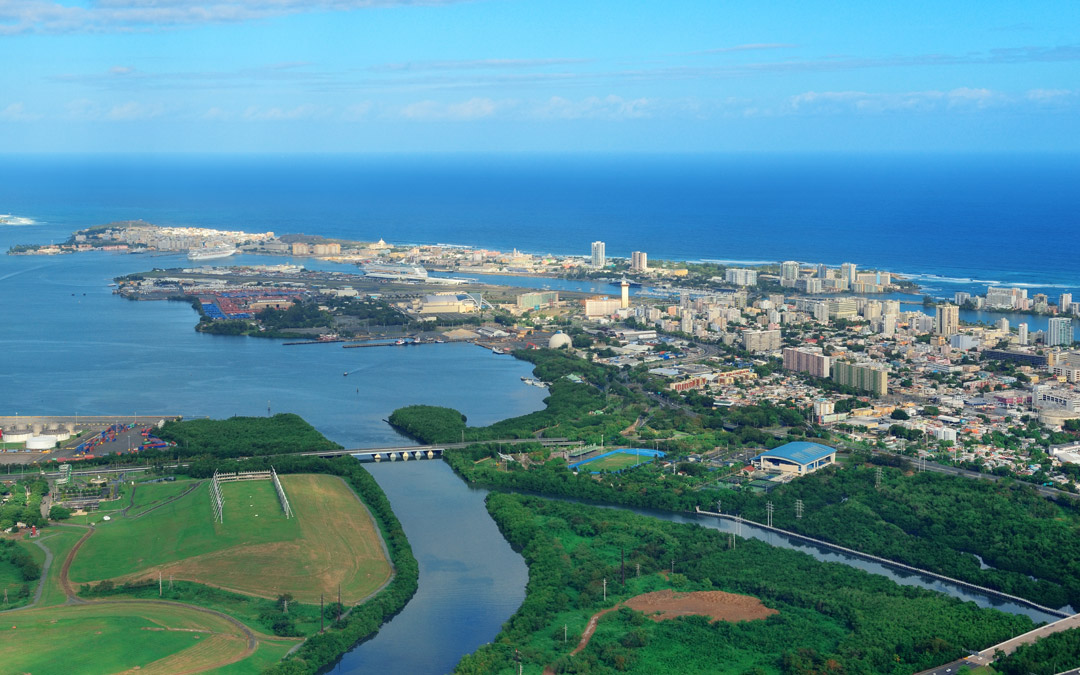
(Photo created by TravelScape – freepik.com)
Do you plan to return to Puerto Rico anytime soon?
Hopefully in December, as a tourist and to look up old, old friends.
Besides your own book, what are some others that you recommend that will help non-Puerto Ricans understand the people, culture and history of the island?
“The House on the Lagoon” by Rosario Ferre, “Macho Camacho’s Beat” by Luis Rafael Sanchez, “Puerto Rico, the Trials of the Oldest Colony” by Jose Trias Monge, and several dozen more.

